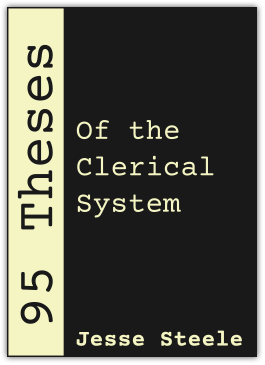Dear International House of Prayer in Kansas City:
Critiques come best from friends.
You are rich with potential. You have done so many things that the Church needs. You have kept the flame on the altar. You have not caved to pressure from culture spare one thing.
The Great Commission is not yet complete. The Church is full of corruption and bad teaching, which you yourselves have tried to confront over the past few years. Not every Christian enjoys the convenience of being able to rubber stamp the pulpit. The obligation placed on Christians to “attend anywhere as long as you attend” led them to leaders such as Rob Bell when nothing might have been preferable.
The young preachers, especially over the past few weeks, have been exceptionally sharp-tongued in critiquing so-called “churchless Christians”. Have you not considered that the purpose and the funding of your webstreams depend directly on the idea that there is still more work to be done? · · · →


